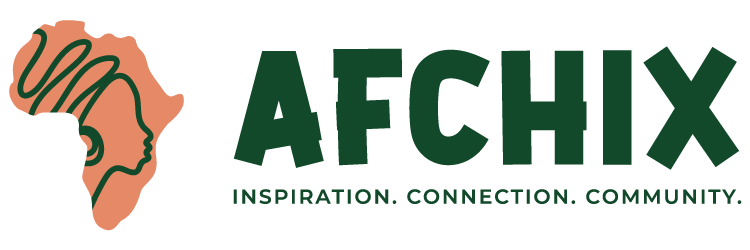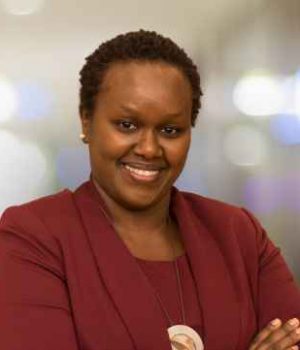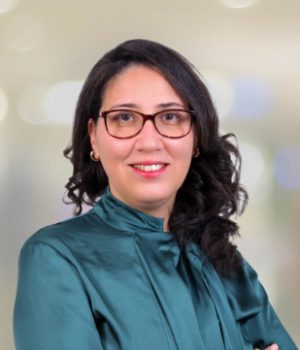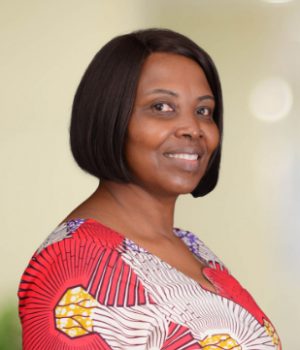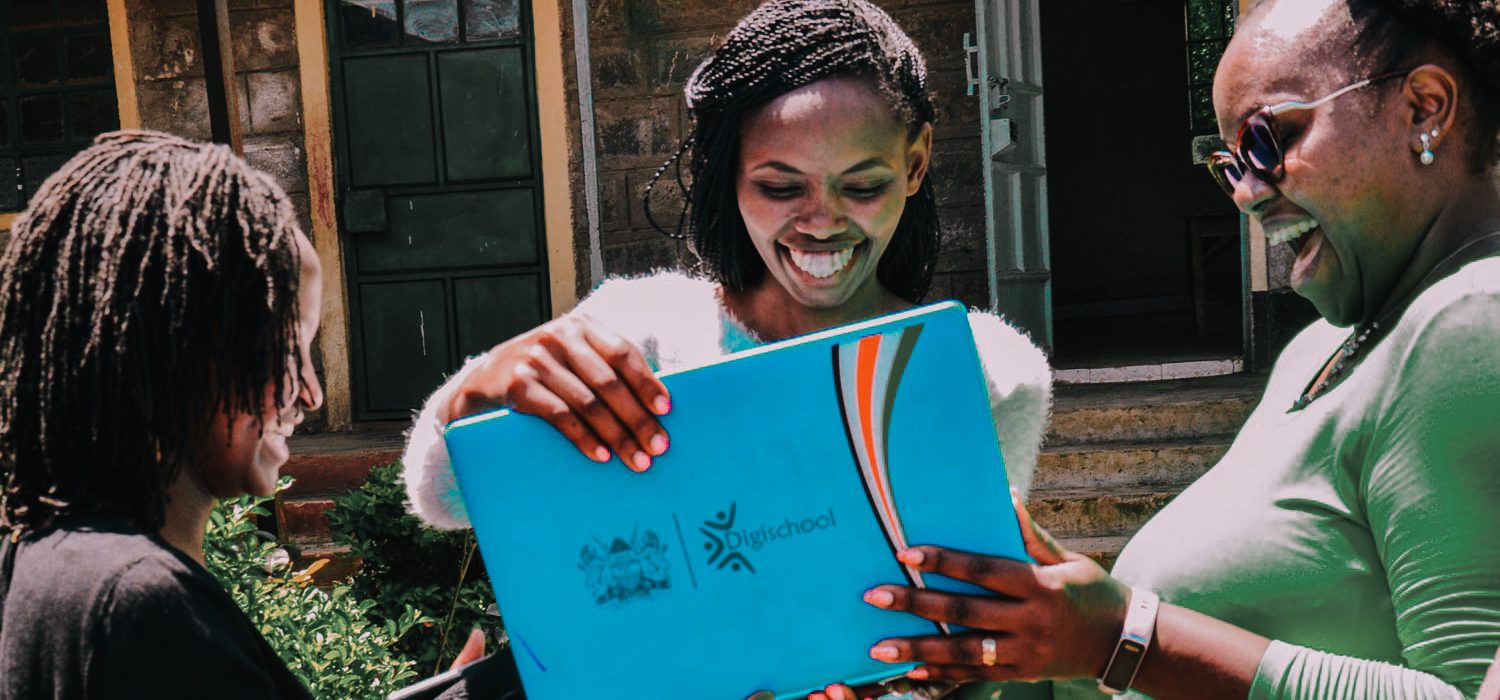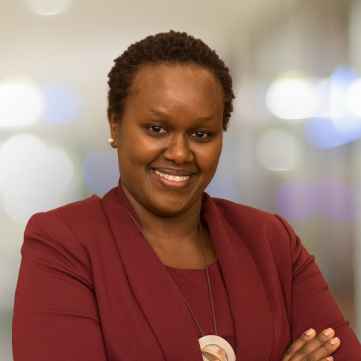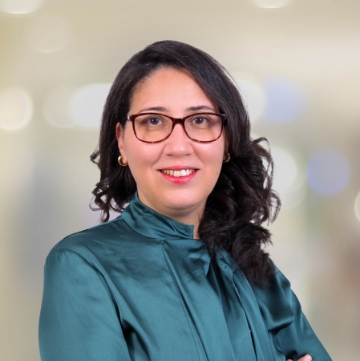About us
The AFCHIX Story
What we do
AFCHIX mentors and inspires girls to consider careers in Computer Science and IT through visits to schools, technical workshops, events aimed at women in tech, and sponsoring our members to take part in local and international tech conferences.
We target upper primary and high school girls between the age of 9 to 18, young women studying in the ICT field, young women at the start of their careers in the sector, and experienced women in tech who want to grow into leadership positions.
AFCHIX’s reason for existence and the objectives of our work can be summarised in three words shown on our logo. We want to create Inspiration, Connection and Community.
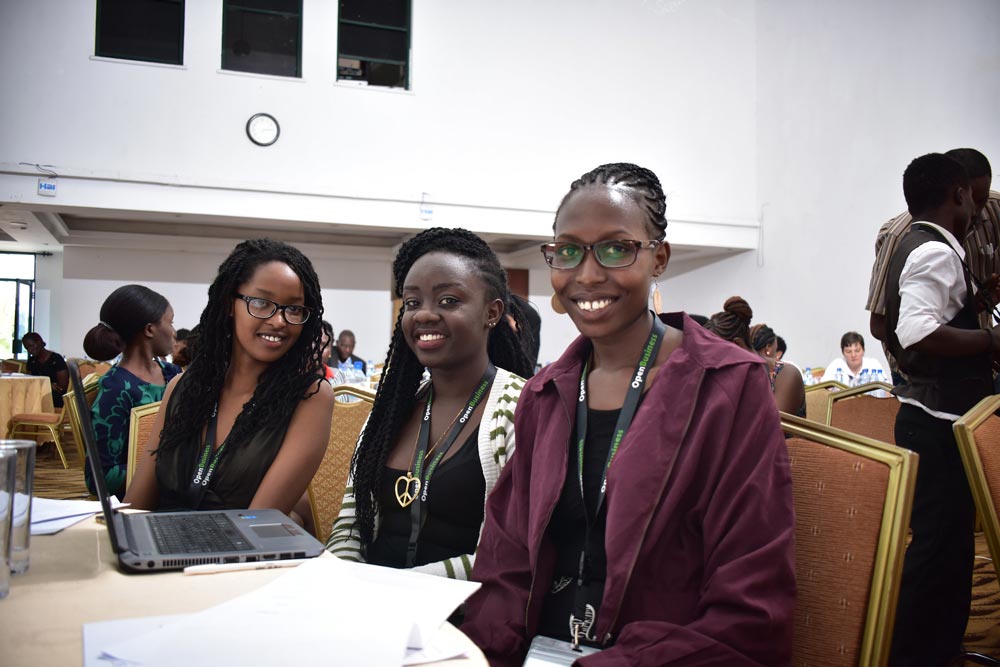
Inspiration
AFCHIX wants to inspire more women and girls in Africa to learn how to use technology, pursue careers in STEM, and gain confidence in their own immense potential. We work to inspire change by advocating to close the gender digital divide that continues to keep women from accessing the internet or truly benefitting from connectivity.
Connection
AFCHIX exists to facilitate connection.
We create platforms and opportunities for African women in tech to connect with each other. We connect girls and women to the resources they need to gain skills and knowledge about technology to improve their lives. We support communities to connect themselves to the internet through creating community networks.
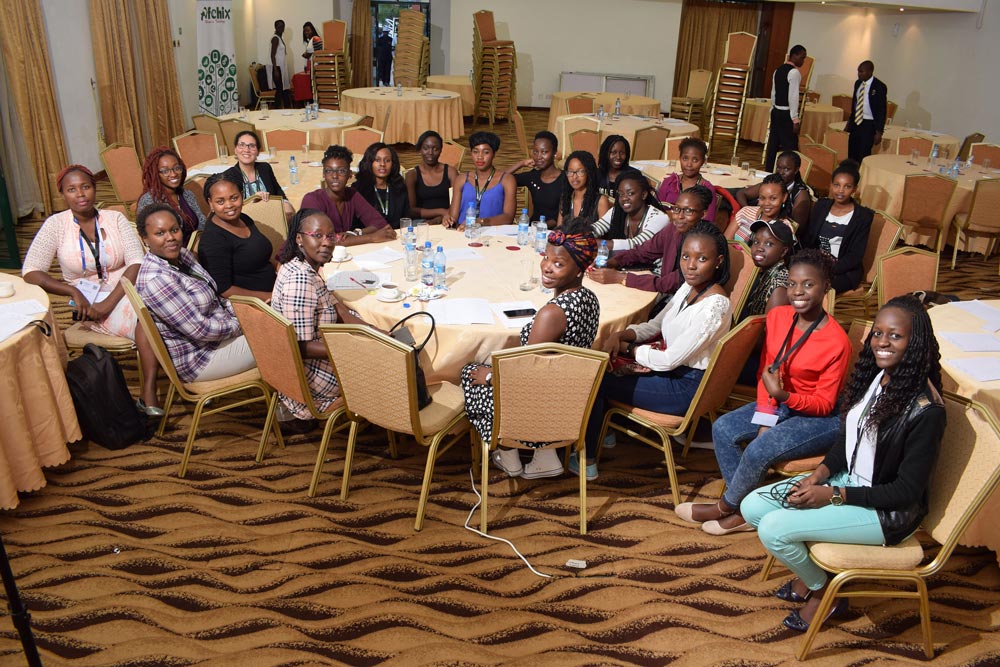
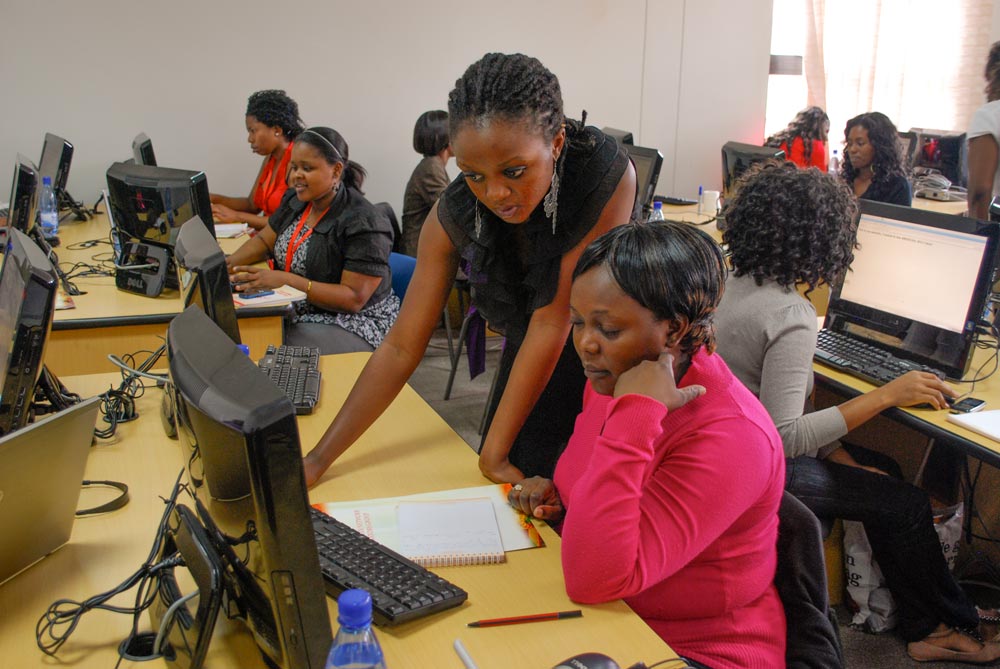
Community
AFCHIX uses the connections we establish to create more than a network of women. We want to create a community of women in tech that supports and uplifts not only each other – but also those women who are still unconnected.
The AFCHIX Story
AFCHIX was founded by African women and for African women. The organisation that would become AFCHIX was born in 2004, when Dorcas Muthoni and Ana Badimo founded a regional chapter of world-wide group, LinuxChix. Through LinuxChix Africa, they hoped to help build the critical mass of Linux skills among African women and to advocate the use of open-source software to help tackle development challenges in African communities.
Since then, AFCHIX has evolved into an independent African organisation and its activities have reached women in 25 countries on the continent. This includes over 7000 high school girls in Kenya and Uganda who have benefitted from our mentorship and career guidance programmes.
Mission, Vision and Motto
Vision
An equitable digital world for everyone.
Mission
To create an exemplary organisation and network of African Women in Computing with a desire to inclusively provide: opportunities, mentorship, capacity building and inspire young generations through role modelling.
Motto
Everyone involved.
OUR SDG COMMITMENTS
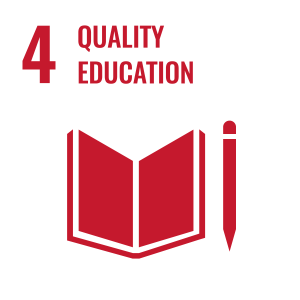
TARGET 4.3
By 2030, ensure equal access for all women and men to affordable and quality technical, vocational and tertiary education, including university.
INDICATOR 4.3.1
Participation rate of youth and adults in formal and non-formal education and training in the previous 12 months, by sex
TARGET 5.5
Ensure women’s full and effective participation and equal opportunities for leadership at all levels of decision-making in political, economic and public life.
INDICATOR 5.5.2
Proportion of women in managerial positions
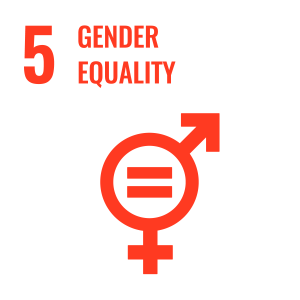
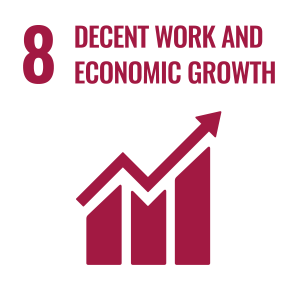
TARGET 8.5
By 2030, achieve full and productive employment and decent work for all women and men, including for young people and persons with disabilities, and equal pay for work of equal value
INDICATOR 8.5.1
Average hourly earnings of female and male employees, by occupation, age and persons with disabilities
Our Values
All Thrive
We create opportunities for
everyone to thrive and inspire others.
Leadership & Volunteerism
Selfless commitment to our community.
Sisterhood
We embrace togetherness and mentorship.
Integrity & Respect
We are true to ourselves and others.
Openness & Freedom
Encourage our community to boost their own prosperity.
Work-Life Balance
Being free from social stereotypes and making choices without losing ourselves.
Innovation & Adaptability
Encourage creativity driven by our diversity.
